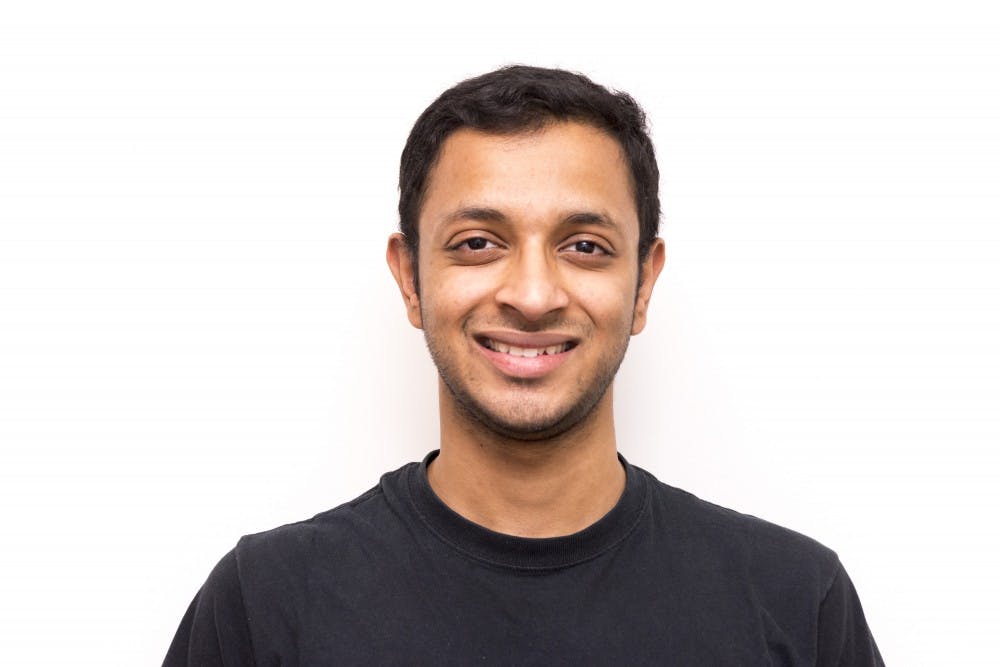Every Penn student complains of being overworked and stressed. There are rigorous classes and all the hours they entail, clubs and teams that require significant time commitments, friends to hang out with and parties to go to, places to explore and restaurants to try.
Unfortunately, there are only 24 hours in a day, and Penn students usually allocate three or so for sleep and another for getting coffee throughout the day to combat sleep deprivation. Thus, we complain all the time about impossible workloads, or spending eight hours cooped up in the library or FOMO from watching our friends having fun on Snapchat while we have no time. It feels like we can’t get it all done. And that leads to feeling like we are falling behind of where we should be, falling short of our potential, and we need to do even MORE to compensate.
I argue that the biggest time waster of all is trying to plan so many things at once.
The best example is that Penn students are always multitasking, trying to juggle too many things in our minds. We are always distracted. If there is a short break in activity, such as an elevator ride alone or waiting in line for a cup of coffee, our first impulse is to check our texts or Facebook or Instagram or whatever else. When we are writing our papers, we are intermittently taking breaks to check social media or talk to our friends or change the song on our Spotify. What if instead we focused on the elevator ride itself? What if we looked around at the coffee shop and said “The only thing I care about at this moment is buying this cup of coffee”? What if, for every single task, we gave it our undivided attention?
If we focus on the present moment and nothing else, we will be better off for it.
Matthew Killingsworth and Daniel Gilbert, two researchers at Harvard, found that distracted unfocused thinking leads to dissatisfaction. In their paper, “A Wandering Mind is an Unhappy Mind,” they conclude that people are at their happiest when they are focused on the present moment rather than the past, the future, hypotheticals or fantasies. A mind belongs in one place at a time.
I recently had the chance to go to Six Flags Great Adventure and ride a ton of giant roller coasters. One thing I noticed was that I was overwhelmed and I was absolutely focused on it. When you are on a roller coaster dropping at 70 miles per hour with the wind blowing into your face, nothing else seems important enough to think about. You cannot wonder “I have a test coming up soon. Did I prepare enough?” or “That girl I like hasn’t texted me fast enough, she must not like me,” or “Wow I was so embarrassing in class yesterday.” Your mind is focused on the present moment and nothing else can break through.
That feeling of absolute focus, of ignoring all the random noise and chatter that goes on inside our mind, is one of the most peaceful feelings in the world and is entirely controlled by ourselves. When therapists have patients with depression and anxiety, they instruct them to do mindfulness exercises and meditation, where you focus intensely on simple stimuli an overactive mind usually ignores, like the rate of your breathing or the feeling of your shirt on your skin.
Of course, it is not easy to do this by any means. Anyone at this university is fairly smart, and smart people tend to think a lot. It feels hard or even unnatural to turn off the thoughts in our brain, and if we completely did so we would not be able to function properly.
Still, it is worthwhile to try. Given Penn’s mental health crisis, the frequent complaints of chronic stress among the student body and the epidemic of anxiety and depression on college campuses, we could all benefit from trying to live in the now a little more. Focus on what is in front of you, when you do something do it with your full energy and attention, and when thoughts about other things pop up, imagine them as balloons and watch them float away. This won’t solve all your problems, but it might make you a bit happier as you take them on.
JOE THARAKAN is a College senior from the Bronx, studying biological basis of behavior. His email address is jthara@sas.upenn.edu. “Cup O’Joe” usually appears every other Tuesday.









